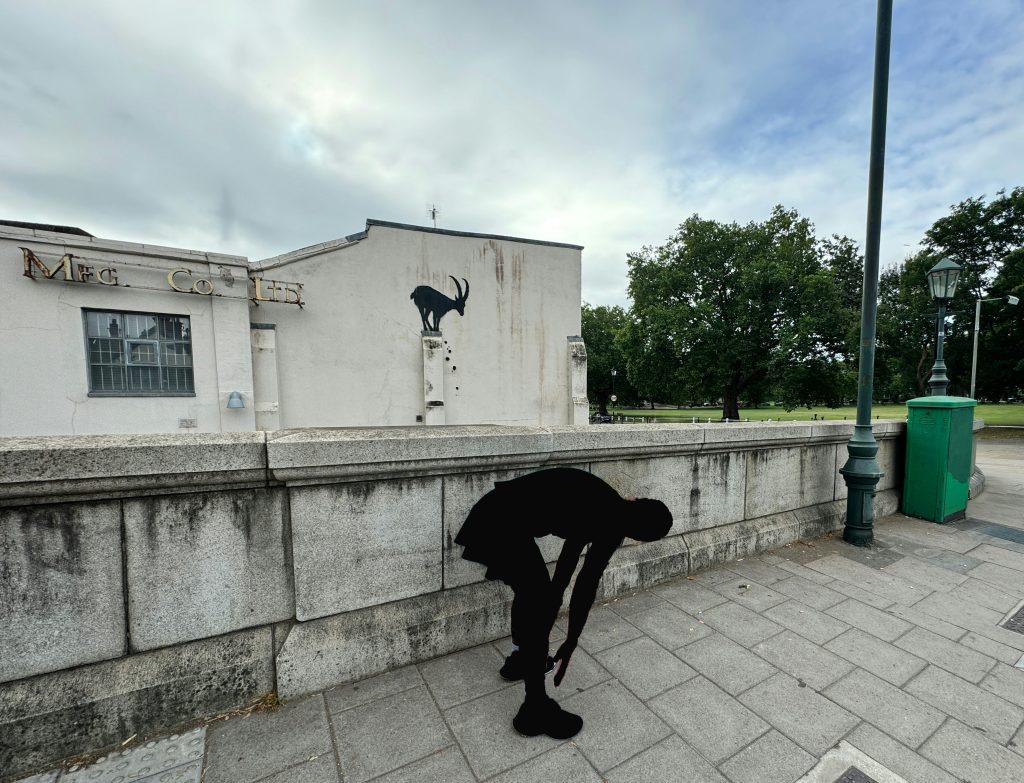Historical Echoes: London Riots and the Lessons from Henry VIII’s Reign
In the heart of London, a city that has long been a melting pot of cultures, recent riots have stirred memories of past unrest, echoing the tumultuous times of Henry VIII. The King, faced with xenophobic mobs during his reign, responded with a heavy hand, yet the lessons from those historical events resonate even today. As we delve into the nature and implications of these riots, it becomes clear that the past holds a mirror to our present struggles with societal tensions and the complexities of cultural integration.
The recent riots in London have seen citizens taking to the streets, fueled by a myriad of grievances, from political disenfranchisement to social inequality. This unrest has prompted a broader discussion about the roots of such discontent and how societies can address the underlying issues that lead to clashes. Just as Henry VIII faced the ire of his subjects, modern leaders are now confronted with the challenge of listening to the voices of those who feel marginalized.
Historical accounts reveal that Henry VIII’s approach to dealing with dissent was often marked by brutality. His attempts to quell the unrest through force serve as a cautionary tale about the dangers of ignoring the needs and concerns of the populace. While the King may have sought to maintain order, the legacy of his actions contributed to a cycle of resentment and rebellion. This historical precedent raises important questions about the efficacy of heavy-handed tactics in resolving modern conflicts.
The lessons from the past highlight the necessity for dialogue and understanding in the face of unrest. Societies must strive to create inclusive environments where diverse voices are not only heard but valued. The recent riots in London can be seen as a call to action for leaders to engage with their communities, fostering an atmosphere of cooperation rather than confrontation.
Furthermore, the riots spotlight the ongoing struggles with identity and belonging that many individuals face in contemporary society. The clash of cultures and the fear of the ‘other’ can lead to volatile situations if not addressed with sensitivity and foresight. As history has shown, the failure to acknowledge and embrace diversity can result in tragic consequences, echoing the violent outbursts of the past.
As the dust settles from the recent upheaval, it is crucial for policymakers and community leaders to reflect on these events and take proactive steps toward healing and reconciliation. Initiatives aimed at bridging divides, promoting education, and enhancing social cohesion must be prioritized to prevent history from repeating itself.
In conclusion, the riots in London serve as a stark reminder of the complexities of human society and the importance of learning from our historical missteps. By understanding the lessons of the past, particularly those from the reign of Henry VIII, we can forge a path toward a more harmonious future. The call for unity and understanding must prevail, lest we find ourselves trapped in a cycle of unrest and division once more. It is imperative that we heed the warnings of history and work collectively to build a society where all individuals feel valued and heard.
Tags: community engagement, Cultural Integration, Historical Lessons, London Riots, Riots London, social unrest
Unrest Erupts Across the UK as Far-Right Protests Escalate
In a shocking turn of events, the United Kingdom has found itself grappling with widespread unrest as far-right protests erupted over the weekend, leaving cities in chaos. Streets were littered with debris and remnants of fires, as demonstrators clashed with law enforcement in various towns and cities across England and Northern Ireland. The catalyst for these protests was the tragic killing of three young girls in Southport last Monday, which has fueled outrage and sparked a series of violent demonstrations targeting vulnerable communities, including mosques and asylum seeker accommodations.
Authorities reported that hundreds of protesters were arrested, and dozens of police officers sustained injuries while trying to maintain order. The violence reached alarming levels as far-right rioters targeted not only places of worship but also public buildings, resulting in significant damage and heightening tensions within communities already on edge.
In response to the escalating situation, the UK’s policing minister announced a proactive strategy to swiftly deal with the rioters, emphasizing a “nick them quick” approach aimed at restoring peace and safety. The government has come under pressure to act decisively against what has been labeled as “far-right thuggery” by Prime Minister Keir Starmer, who condemned the violence and assured the public that those responsible would face the full force of the law.
Witnesses described scenes of chaos as mobs stormed hotels housing asylum seekers, further intensifying fears among vulnerable populations. The mixture of anger, grief, and xenophobia has created a volatile environment, with many communities fearing for their safety amidst growing divisions.
Local authorities and community leaders have called for calm and dialogue, urging citizens to reject the violent tactics of extremists. Activists have voiced concerns that such incidents could incite further hatred and division, calling for unity in the face of adversity.
As the UK attempts to navigate these challenging times, the need for constructive conversation and healing within communities is more crucial than ever. The recent protests serve as a stark reminder of the underlying tensions surrounding immigration and social cohesion, and the importance of addressing these issues through peaceful means rather than violence.
With the situation continuing to develop, the eyes of the nation remain fixed on the actions of law enforcement and the government’s response to the unrest. The hope is that through collective effort and understanding, the UK can move towards a more inclusive and peaceful future, steering away from the shadows of extremism that threaten to divide society.
Tags: community safety, far-right, immigration, protests, social unrest, UK riots


